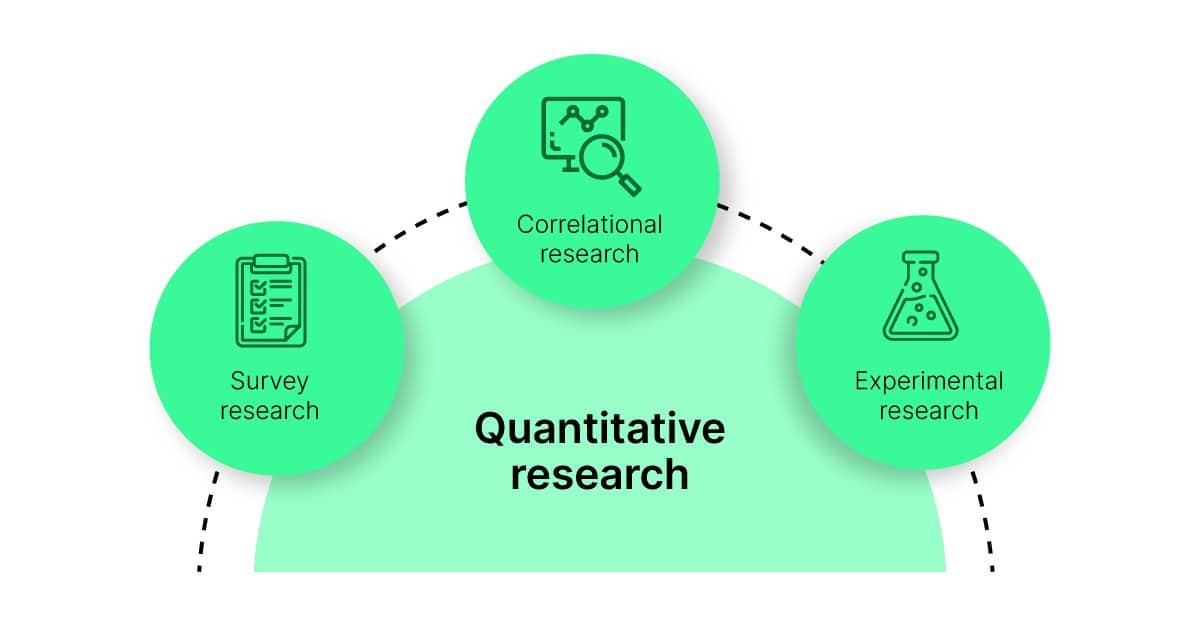

People who conduct empirical research are typically called. Adopting broad criteria, the authors found just two dozen studies, over half of. Yet, their scholarship may well include both. Empirical Research may be called Primary Research, Scientific Research, or Field Research. This paper reviews the extant empirical studies of financial innovation. those documents other than research articles, reviews and conference papers. In communication studies, scholars are likely to have a clear preference for either empirical or non-empirical methods.
#EMPIRICAL STUDIES WINDOWS#
Not every article in a journal is considered primary research and therefore "citable", this chart shows the ratio of a journal's articles including substantial research (research articles, conference papers and reviews) in three year windows vs.

journal self-citations removed) received by a journal's published documents during the three previous years.Įxternal citations are calculated by subtracting the number of self-citations from the total number of citations received by the journal’s documents. The two years line is equivalent to journal impact factor ™ (Thomson Reuters) metric.Įvolution of the number of total citation per document and external citation per document (i.e. Empirical Research follows the Scientific Method, which Merriam Webster Dictionary defines as principles and procedures for the systematic pursuit of knowledge. Conference on Public Services and Management: Designs, Issues and Implications for Local Governance, Toulouse, France, January 1214, 2006. The chart shows the evolution of the average number of times documents published in a journal in the past two, three and four years have been cited in the current year. Reference Empirical Studies, Conference on Public Services and Management: Designs, Issues and Implications for Local Governance, Toulouse, France, January 1214, 2006. Instead of using only logic, in philosophy empiricism is concluding direct observations and assessment. Empirical research can be analyzed quantitatively or qualitatively. This indicator counts the number of citations received by documents from a journal and divides them by the total number of documents published in that journal. Yet empirical research has treated human rights treaties and constitutional rights as separate domains, even though the two regimes offer many of the same. Empirical Resarch is a type of research where the conclusions and decisions are based on valid data or evidence. What is an empirical research paper One of the primary ways that empirical researchers share their findings (and, thus, advance knowledge in their fields) is. Realistically, in writing the Dissertation proposal, the major works that document the topic and justify its study must have been read and evaluated for Chapter 2 before Chapter 1 is written. Q1 (green) comprises the quarter of the journals with the highest values, Q2 (yellow) the second highest values, Q3 (orange) the third highest values and Q4 (red) the lowest values. Empirical Research, Fall 2009 Chapter 1: Nature of the Study The content of Chapter 1 is drawn primarily from the literature reviewed for Chapter 2. Starting 2020, he is principal investigator of the Frames and Narratives of Migration and of Translation in Europe project, which investigates the role of translation in cross-linguistically existent discourse patterns on migration.The set of journals have been ranked according to their SJR and divided into four equal groups, four quartiles. His more recent research deals with cross-linguistic discourse studies of metaphors and hashtags, where he published on the emergence and use of the “homework” metaphor and on different framings of the #MeToo hashtag in German, English and Spanish newspaper discourse. The main focus of this journal is to provide a platform for original empirical investigations in the field of professional, vocational and technical. He has gone on to publish a range of articles on the linguistic influence of editors on the translated text, where he argues for a greater awareness of mediators in corpus studies of translated language. Taking into account the review results, the following suggestions for further research emerged: Supervision research would benefit from proper descriptions of how studies are conducted according to current guidelines, more methodologically rigorous empirical studies, the investigation of active supervision interventions, from taking diverse. He received his PhD from the University of Manchester for a corpus-based study of language change in German through translation from English, with translation as a site of language contact. Mario Bisiada is Tenure-Track Lecturer in Translation and Language Studies at Pompeu Fabra University, Barcelona (Spain).


 0 kommentar(er)
0 kommentar(er)
